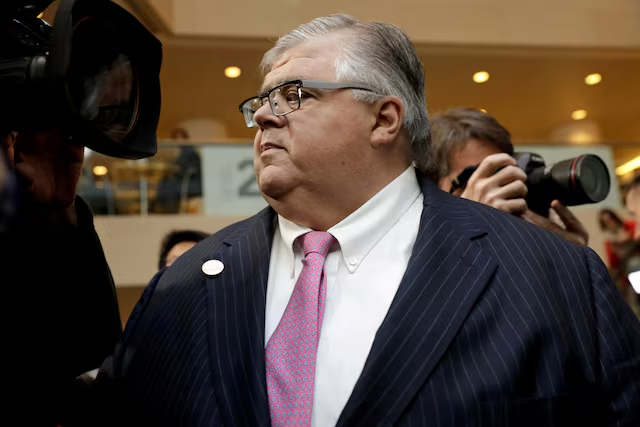The Bank for International Settlements (BIS) warned on Sunday that increasing government debt levels, coupled with numerous major elections this year, could unsettle global financial markets. Known as the central bankers’ central bank, the BIS noted that while the world economy is currently on a trajectory for a “smooth landing,” policymakers, particularly politicians, must exercise caution. Global government debt has reached record highs, and elections, including the upcoming U.S. presidential vote in November, recent elections in Mexico and South Africa, and imminent votes in France and Britain, all pose potential risks.
BIS General Manager Agustin Carstens emphasized that with interest rates unlikely to return to ultra-low levels, coupled with cost pressures from aging populations, climate change, and defense rebuilds, economic stimulus plans and rising protectionism could destabilize sensitive markets. He referenced the turbulence in Britain’s markets following former Prime Minister Liz Truss’ budget plans, which nearly led to the collapse of some pension funds, as a cautionary example. “They can surprise you with not much notice,” Carstens said, stressing the need to avoid such scenarios.
In addition to ongoing concerns over U.S. debt levels, the French debt risk premium has surged to its highest since the eurozone crisis in 2022, following French President Emmanuel Macron’s call for a snap parliamentary election. This election, being held on Sunday, could result in a far-right government. Carstens clarified that the BIS was not singling out any specific governments but emphasized the general message that governments need to curtail the rise in public debt and accept that interest rates might not revert to pre-pandemic lows. “We need a solid foundation to build upon,” he stated.
On a positive note, Carstens acknowledged that central banks are successfully controlling inflation, which had soared to decades-long highs following the COVID-19 pandemic and Russia’s 2022 invasion of Ukraine. “Compared to last year, I have to say we are in a much better place,” he told reporters during the BIS annual report release.
While Carstens praised central banks for navigating a challenging path that could have led to widespread recessions, he urged them to persist in their efforts. He likened the inflation battle to a course of antibiotics, where premature cessation could lead to a resurgence. The BIS report echoed this sentiment, advising central banks against hasty rate cuts. “A premature easing could reignite inflationary pressures and force a costly policy reversal,” it warned.
READ MORE:
